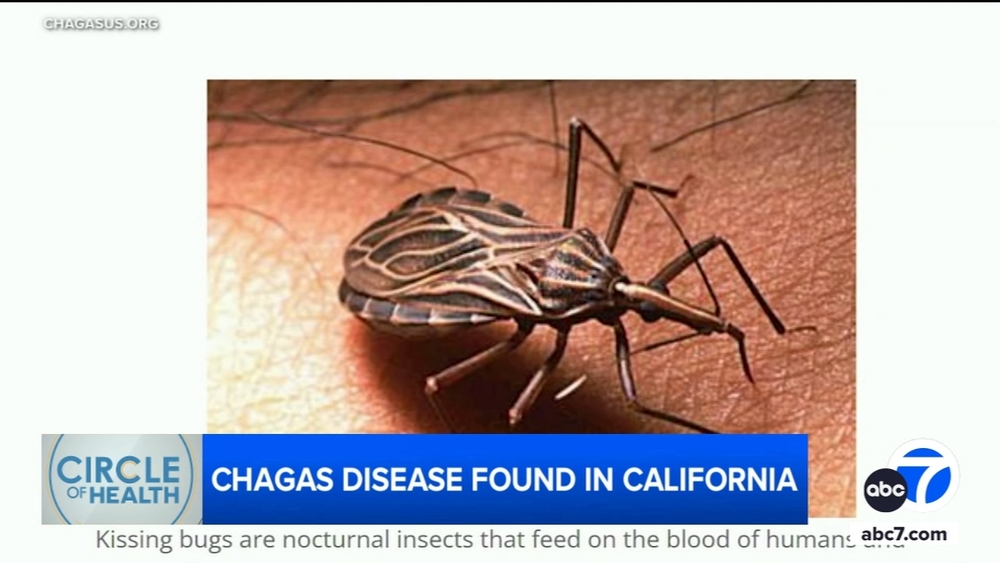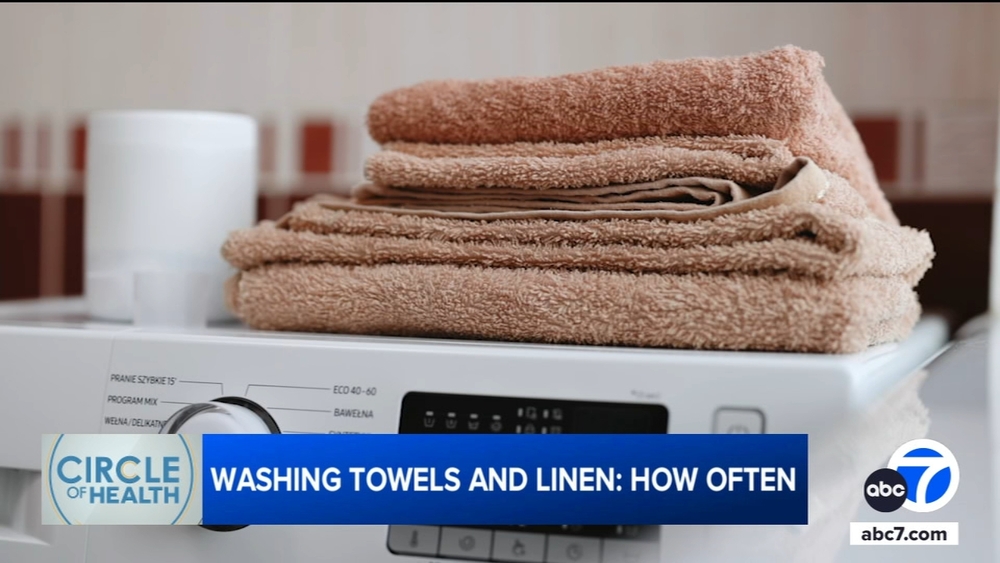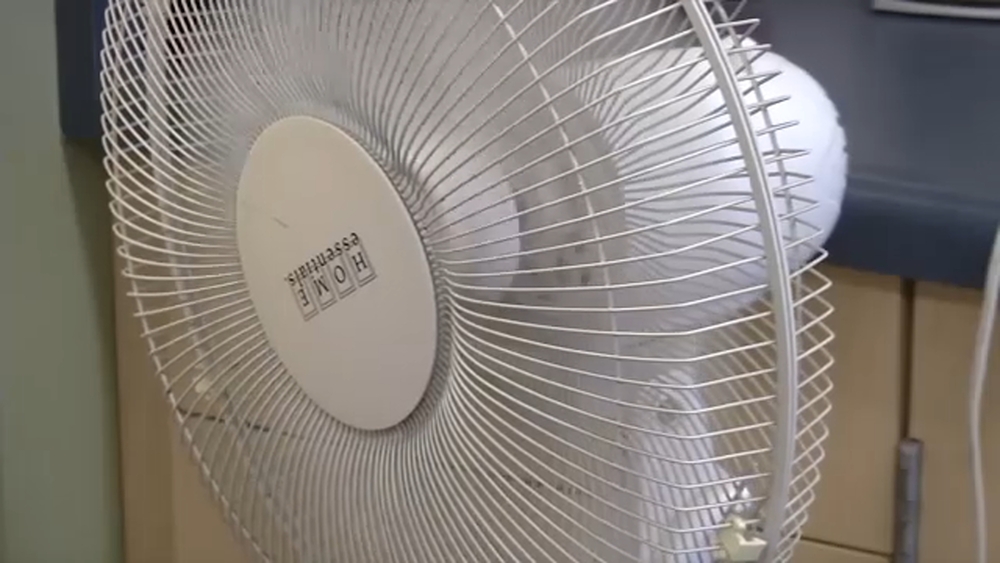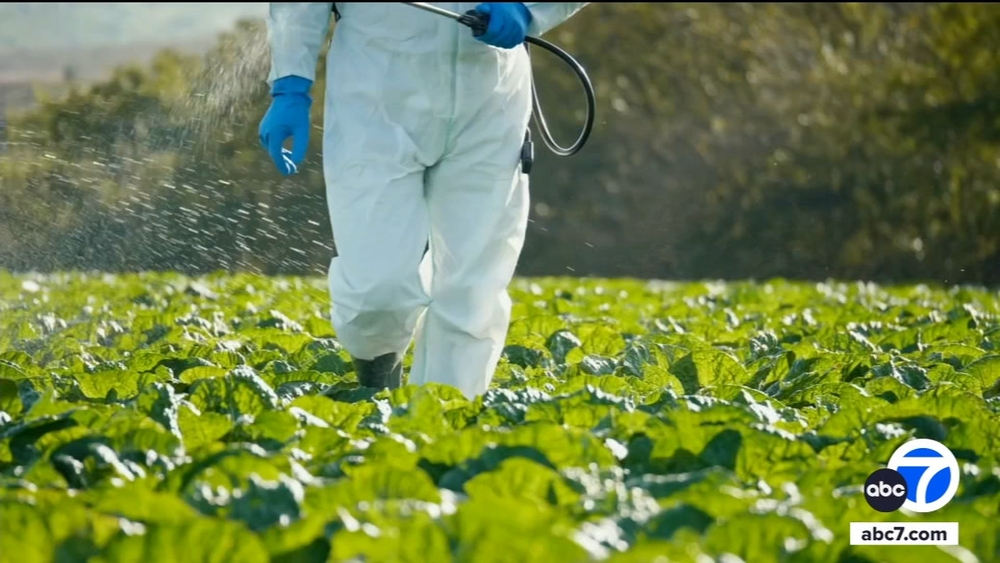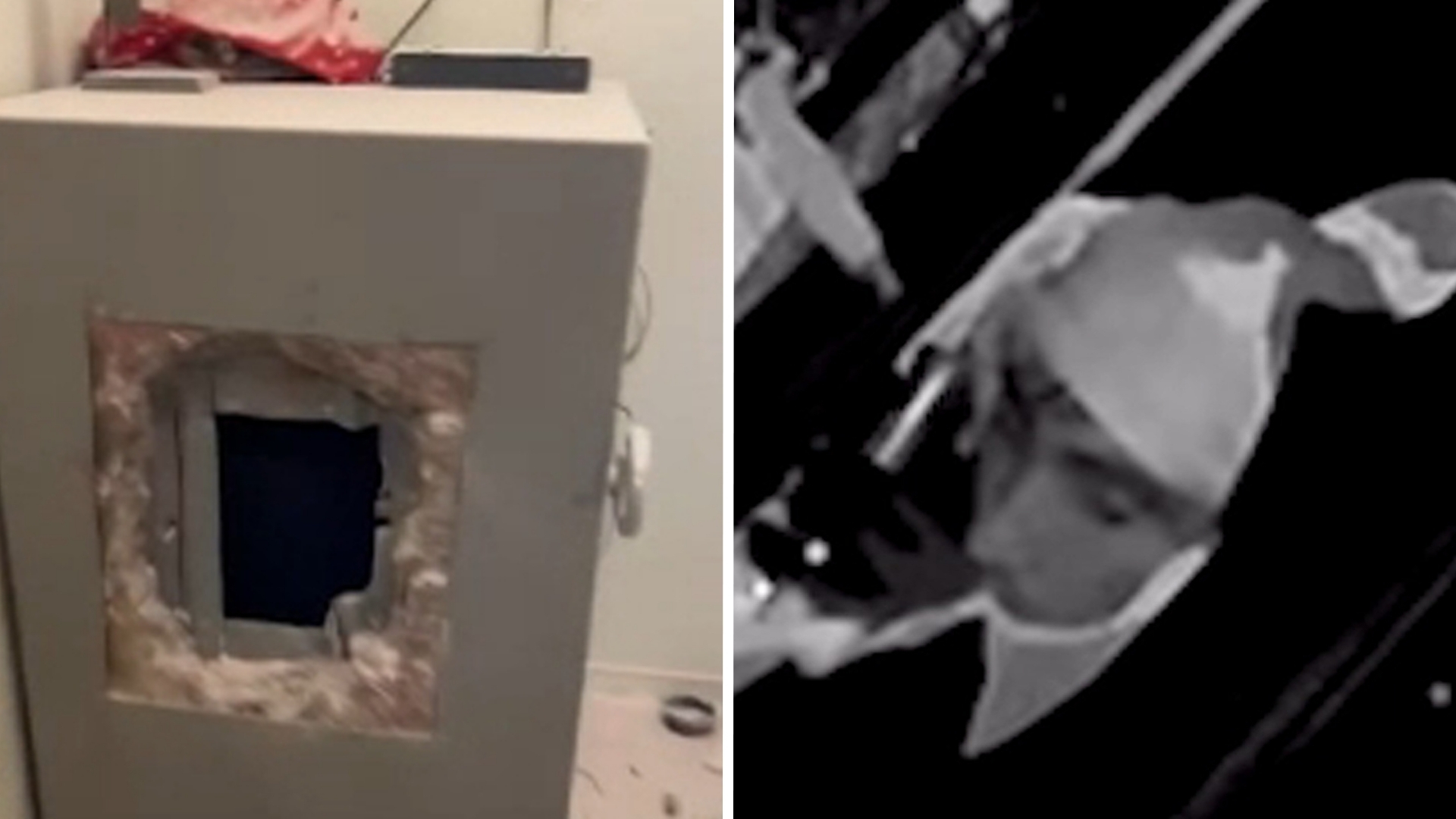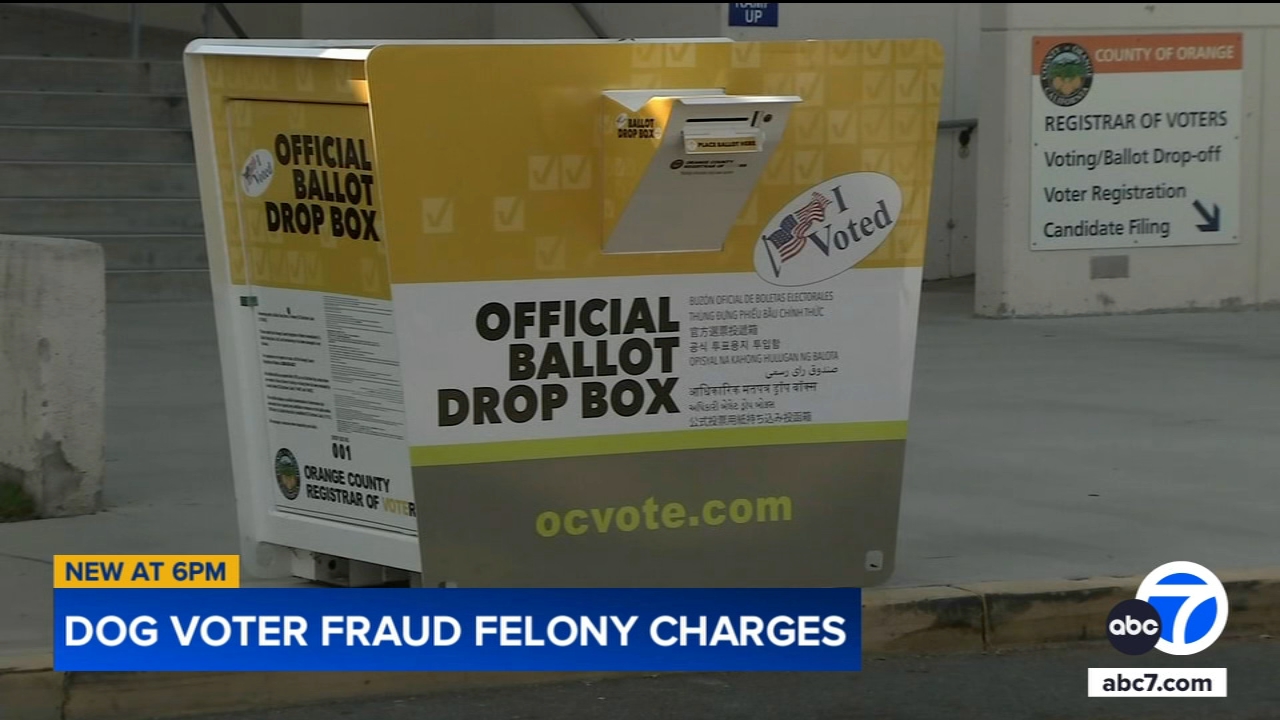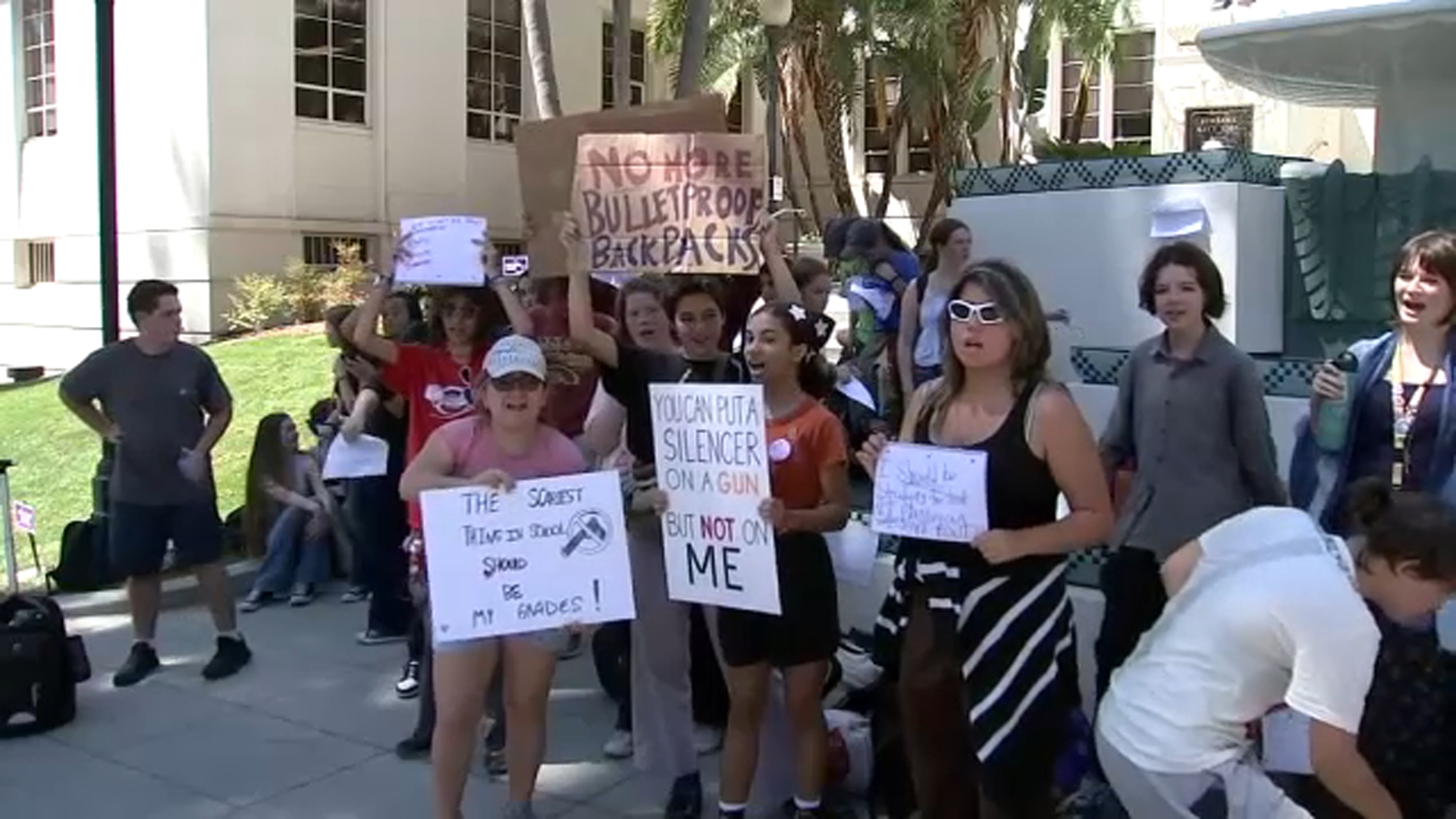USC researchers turn common herpes virus into cancer-fighting tool

LOS ANGELES (KABC) -- It's a pesky virus that affects two-thirds of the world population, but now USC researchers are turning the herpes simplex virus into an effective cancer fighter.
One skin cancer patient is getting a second chance thanks to this new treatment.
A few years ago, a bump on the back of Jim Day's neck was the first sign of malignant melanoma. It had spread to his brain.
"Stage 4 melanoma. My brother is a doctor. When I called him and told him what I had, he said, 'You'll be dead in six months, come stay with me,'" he said.
But Day didn't give up. Surgeons removed the brain tumor and he underwent conventional immunotherapy. But after a while, it stopped working.
"We know it only works about half the time," said Dr. Gino Kim In, an oncologist with Keck Medicine of USC.
The melanoma had spread all over Day's body.
That's when In enrolled Day in a unique clinical trial, where doctors inject a genetically-engineered herpes virus plus immunotherapy directly into cancerous tumors.
"Once the virus enters the tumor, it starts growing within the tumor cells. And then it actually causes the tumor cell to burst. So it's directly killing them that way," said In.
The treatment, which is called RP-1, is being studied in patients who failed other immunotherapies. It started working on Day immediately.
"By the time we got to the second set, I was down to maybe three tumors," Day said.
The virus trains your immune system to seek out and destroy cancer wherever it is.
In the study, some patients saw that their tumors disappeared completely and other patients saw that their tumors not injected with RP-1 also benefited from the therapy.
"We know 75% of them are still alive at one year, and 55% are still alive at three years," said In.
Nearly all of Day's lesions have melted away except for one.
"So hopefully we've helped his immune system become stronger and hopefully his prognosis is better than it would have been otherwise," he said.
Side effects may include some cold or flu-like symptoms. Keck Medicine of USC is looking to enroll 400 more melanoma patients in Phase 3 trials. Day is grateful to be part of it.
"I mean, I wake up every morning and I'm alive! I can't believe it. It's fantastic!" Day said.



